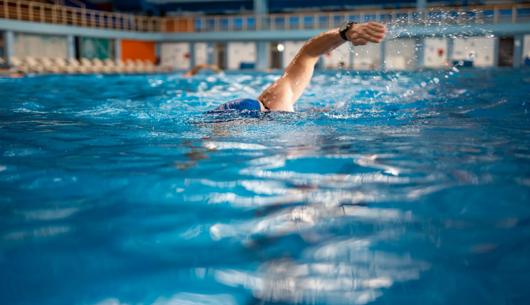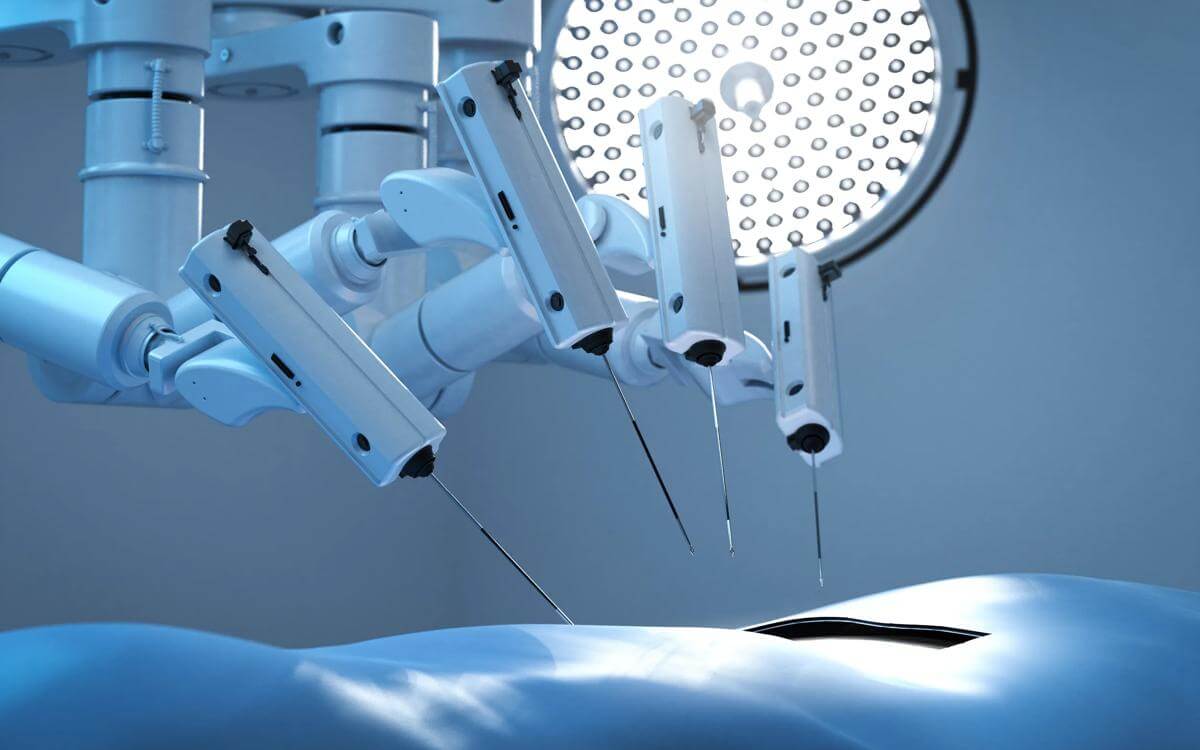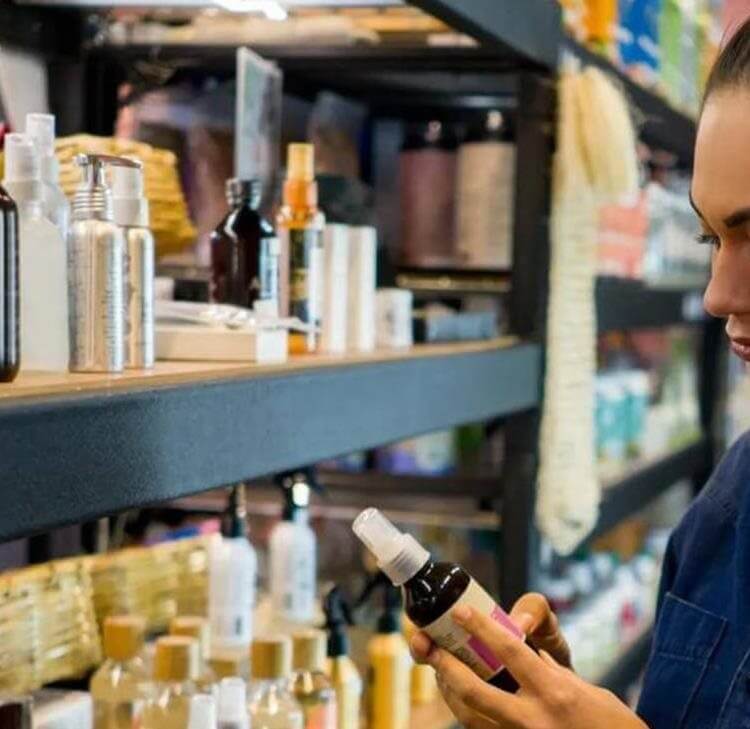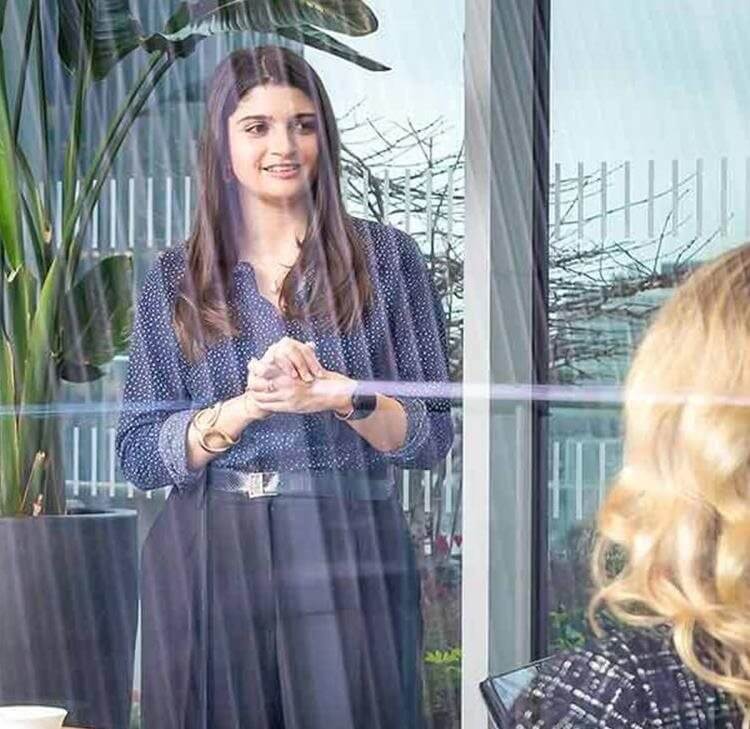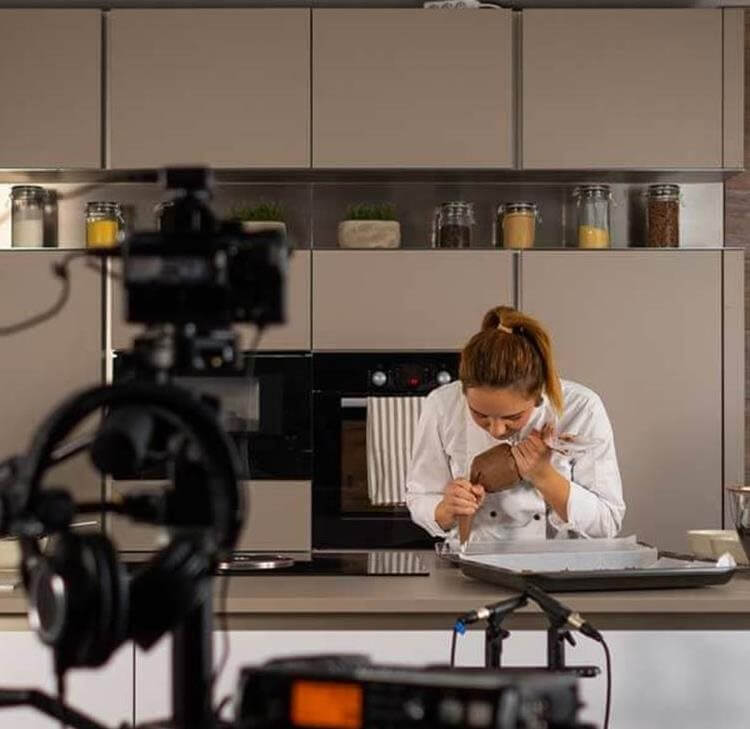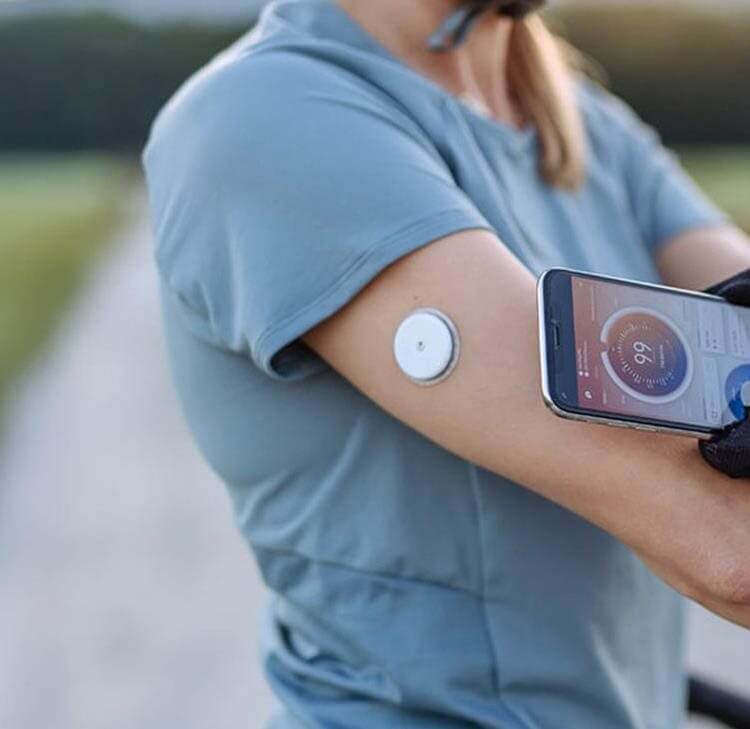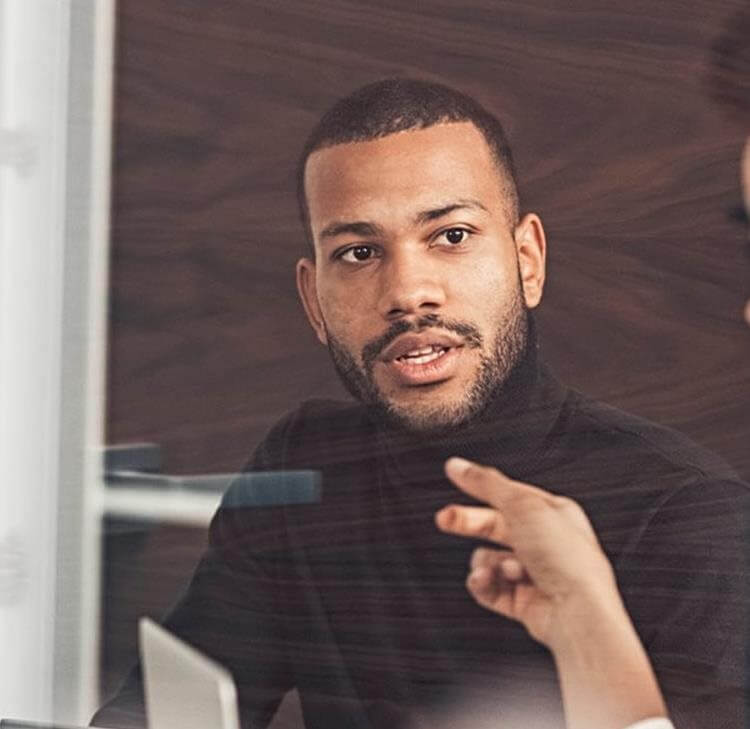Reaction: Intellectual Property Enterprise Court judgment finds patent infringement based solely on equivalents
Reaction: Intellectual Property Enterprise Court judgment finds patent infringement based solely on equivalents
The Intellectual Property Enterprise Court has handed down its decision in A Ward Attachments Limited v Fabcon Engineering Limited [2021] EWHC 2145 (IPEC), finding A Ward’s patent to be valid and infringed by Fabcon. National law firm, Browne Jacobson’s patent litigation team successfully represented A Ward. HHJ Melissa Clarke handed down the judgment on 29 July 2021.
The case is notable for a number of reasons. A Ward’s successful infringement claim was unusually run (on the parent patent EP 2 021 268 B1) solely on the basis of the doctrine of equivalents, a concept introduced into English patent law in 2017.
Fabcon’s defence included an ‘estoppel by acquiescence’ argument, based on the historic correspondence between the businesses. The Judge dismissed this defence, and her analysis of the law on acquiescence will be of value to patentees and practitioners alike.
The Browne Jacobson team was headed up by partner and head of the firm’s patent practice, Mark Daniels with senior associate, Nick Smee and associate, Jessica Johnson.
Mark Daniels commented on the outcome: “We are pleased to have assisted our client in achieving a finding of infringement. This case is another example of the courts being willing to find for the patentee on an equivalents basis, where the circumstances merit it. R&D teams conducting freedom to operate reviews would be well advised to explore what it is about the invention that gives the technical expert a “buzz”, and stress test that against what they are proposing to develop.”
New Zealand based A Ward specialises in the provision of multiple loading and unloading solutions to a broad range of industries across the globe including agriculture, chemicals and pharmaceutical, food, minerals, plastics and recycling.
Browne Jacobson’s specialist patent litigation team has a broad range of expertise in enforcement of patents, co-ordination of international patent litigation and dispute resolution, dealing with challenges to the validity of patents, patent entitlement issues, declaratory relief and preliminary injunctions and opinion work.
The judgment can be viewed here.
Contact
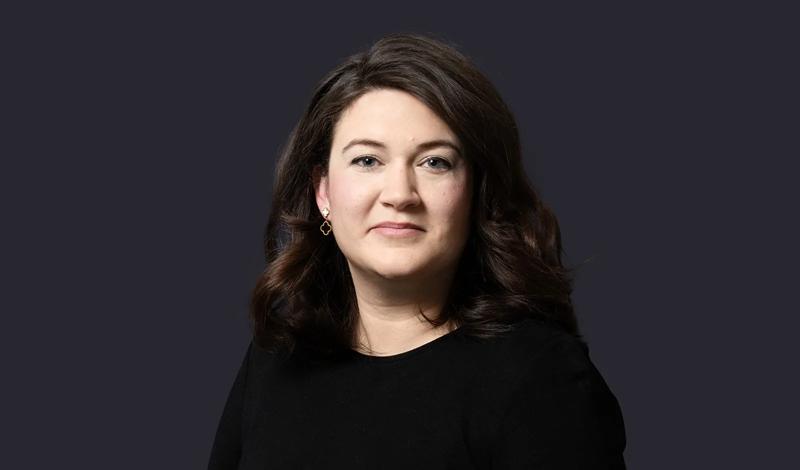
Kara Shadbolt
Senior PR & Communication Manager
kara.shadbolt@brownejacobson.com
+44 (0)330 045 1111







